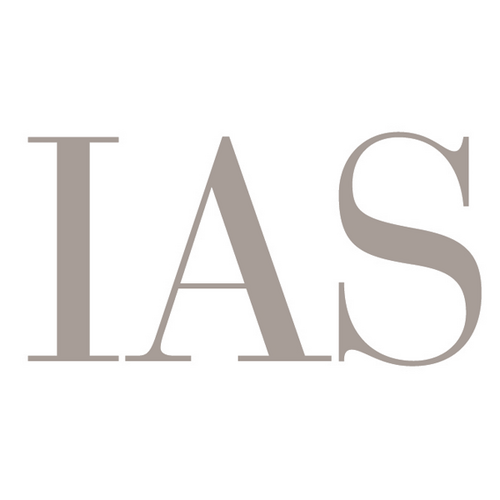What is International Accounting Standards (IAS)?
International Accounting Standard
The International Accounting Standards (IAS) are old accounting standards issued by the International Accounting Standards Board (IASB), an independent international standard-setting body based in London. The IAS was replaced in 2001 by the International Financial Reporting Standards (IFRS).
International accounting is a subset of accounting that takes into account international accounting standards when balancing books.
- International Financial Reporting Standards (IFRS) changed international accounting standards in 2001
- Currently, the United States, Japan and China are the only major capital markets that do not have IFRS mandate.
The US Accounting Standards Body has been working with the Financial Accounting Standards Board since 2002 to reform and combine the American Accounting Principles (GAAP) and IFRS.
Understanding the International Accounting Standards (IAS)
The International Accounting Standards (IAS) were the first international accounting standards issued in 1973 by the International Accounting Standards Committee (IASC). The goal, then, is to make it easier to compare and grow businesses around the world today. Transparency and confidence in financial reporting and promoting global trade and investment.
Comparative accounting standards around the world promote transparency, accountability and efficiency in financial markets worldwide. This enables investors and other market participants to be informed about investment opportunities and risks and to improve capital allocation. Universal standards significantly reduce reporting and regulatory costs, particularly for international operations and subsidiaries in many countries.
Going to the new global accounting standards
Since being replaced by the IASB , significant progress has been made in the development of high-quality global accounting standards. IFRS is adopted as the only major capital without the IFRS mandate, except for the European Union, the United States, Japan (where voluntary adoption is permitted), and China (which claims to work towards IFRS). Market. By 2018, 144 courts will require all or publicly listed companies to use IFRS, and a further 12 jurisdictions will allow its use.
Comparative accounting standards around the world promote transparency, accountability and efficiency in financial markets worldwide.
The United States is following international accounting standards. Since 2002, the Accounting Standards Board of America, the Financial Accounting Standards Board (FASB) and IASB have collaborated on a project to improve and transform America's generally accepted accounting principles (GAAP) and IFRS. Although the FASB and IASB have issued standards simultaneously, the Dodd-Frank Wall Street version and the complexity of implementing consumer protection legislation may take longer than expected.
The Securities and Exchange Commission (SEC), which regulates the US securities markets, has in principle supported high-quality global accounting standards and continues to do so. Meanwhile, as U.S. investors and companies regularly invest trillions of dollars abroad, the USA needs to fully understand the similarities and differences between GAAP and IFRS. One conceptual difference: IFRS is considered a more theory-based accounting system, while GAAP is more rule-based.






0 Comments
Please do not enter any spam link in the comment box.